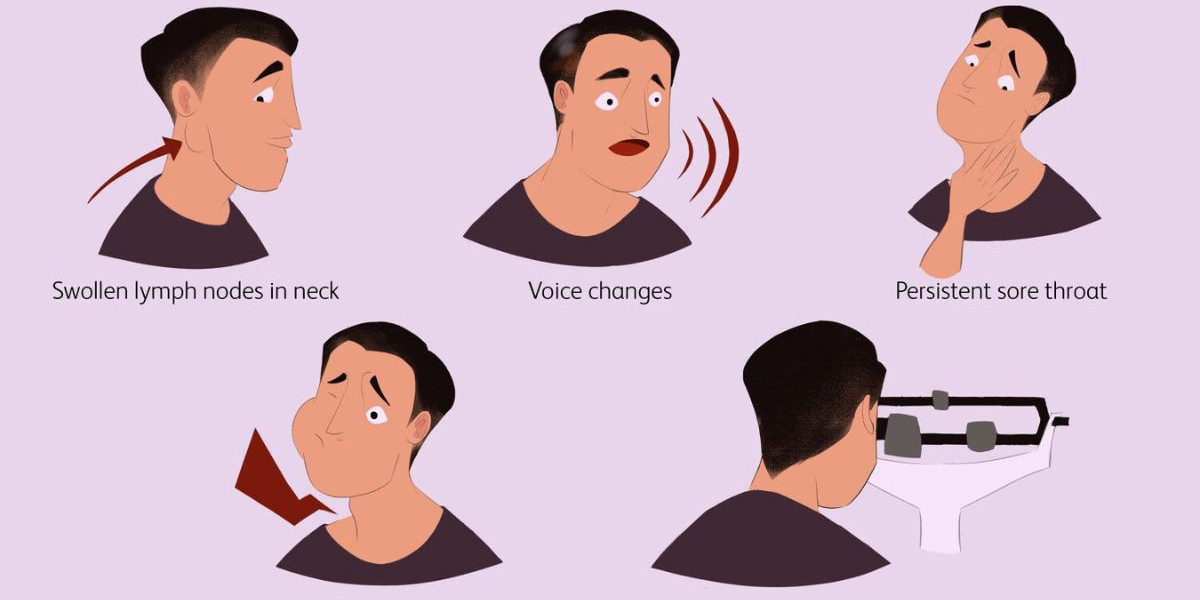Choosing the right hospital for throat cancer treatment is a critical decision that directly impacts your recovery and quality of life. India, known for its advanced healthcare infrastructure and affordable treatment options, attracts thousands of international patients seeking high-quality cancer care. However, with so many hospitals offering throat cancer treatment, selecting the best one can feel overwhelming. This guide provides the top 10 tips for choosing the best hospital for throat cancer treatment in India, focusing on factors such as expertise, technology, accreditation, and patient care.
Why Choosing the Right Hospital Matters
Throat cancer, involving cancers of the larynx and pharynx, requires specialized treatment by experienced oncologists using advanced technologies. The hospital you choose will influence the accuracy of diagnosis, quality of surgery, effectiveness of radiation therapy, and availability of chemotherapy or immunotherapy. Moreover, good hospitals offer comprehensive patient support, reducing the stress of cancer treatment, especially for international patients.
Tip 1: Verify Hospital Accreditation and Certifications
Hospital accreditation ensures that the facility meets high standards of patient safety and care. Look for:
NABH (National Accreditation Board for Hospitals & Healthcare Providers) certification.
JCI (Joint Commission International) accreditation, a gold standard in global healthcare.
Accredited hospitals adhere to strict protocols, have qualified staff, and use advanced technology, ensuring reliable and safe treatment.
Tip 2: Research the Experience and Expertise of Oncologists
The skills of your treating doctors are paramount. Consider:
How many years of experience the oncologists have in head and neck cancers.
Their success rates with throat cancer surgeries and treatments.
Whether they are involved in research, clinical trials, or academic publications related to throat cancer.
Top Indian hospitals employ internationally trained specialists with extensive experience in laryngeal and pharyngeal cancer treatments.
Tip 3: Evaluate the Available Treatment Modalities
Ensure the hospital offers comprehensive treatment options, including:
Advanced surgical techniques like robotic and minimally invasive surgery.
State-of-the-art radiation therapy (IMRT, IGRT).
Chemotherapy, targeted therapy, and immunotherapy.
Hospitals equipped with modern treatment technologies provide better outcomes and fewer side effects.
Tip 4: Check Infrastructure and Support Services
The hospital infrastructure should support your entire treatment journey, including:
Modern operation theaters with advanced equipment.
Dedicated oncology wards.
Diagnostic facilities like PET scans, MRI, CT scans onsite.
Rehabilitation and speech therapy services for post-treatment care.
Good support services, including counseling and nutritional guidance, are essential for holistic care.
Tip 5: Read Patient Reviews and Testimonials
Hearing from previous patients helps gauge hospital quality. Look for:
Testimonials on hospital websites and independent review platforms.
Patient feedback regarding treatment effectiveness, staff behavior, and hospital environment.
Experiences of international patients concerning language support and accommodation assistance.
Positive reviews reflect patient satisfaction and hospital reliability.
Tip 6: Compare Treatment Costs and Transparency
Cost is a major factor, especially for international patients. Make sure the hospital:
Provides a clear, detailed breakdown of treatment costs.
Offers affordable packages without hidden charges.
Supports international payment methods.
India’s throat cancer treatment costs are significantly lower than in Western countries, but transparency is crucial to avoid surprises.
Tip 7: Consider Hospital Location and Accessibility
Choose a hospital located in a city with good connectivity and accessibility. Major medical hubs include:
Mumbai
Delhi
Chennai
Hyderabad
Bangalore
Good connectivity makes travel easier for patients and their families and provides access to international airports.
Tip 8: Verify Language and Communication Support
Effective communication with doctors and staff is vital. Check if the hospital offers:
Multilingual support or translators for your native language.
Patient coordinators to guide you through the treatment process.
This ensures you understand your treatment plan clearly and can express concerns comfortably.
Tip 9: Look for Post-Treatment Support and Follow-up Care
Throat cancer treatment requires ongoing care, including:
Regular follow-up appointments.
Rehabilitation services like speech therapy.
Psychological counseling and nutritional advice.
Hospitals offering robust aftercare services contribute significantly to your long-term recovery.
Tip 10: Seek Assistance from Medical Tourism Facilitators
If you’re traveling from abroad, consider working with medical tourism facilitators like Ortil Healthcare, who:
Help select the best hospital based on your medical condition.
Coordinate appointments, travel, accommodation, and visa processes.
Provide support throughout your treatment journey, ensuring a hassle-free experience.
Such assistance is invaluable for smooth treatment planning and comfort.
Conclusion
Choosing the best hospital for throat cancer treatment in India involves careful evaluation of multiple factors—from hospital accreditation and specialist expertise to treatment options, cost transparency, and patient support services. By following these top 10 tips, you can select a hospital that offers high-quality, comprehensive care tailored to your needs. India’s combination of advanced medical technology, skilled doctors, and affordable costs makes it a preferred destination for throat cancer patients worldwide. Remember to plan thoroughly, communicate clearly, and seek support to ensure the best possible treatment outcome.








